Artificial Intelligence in Government – What is the Scope of AI in Governance?
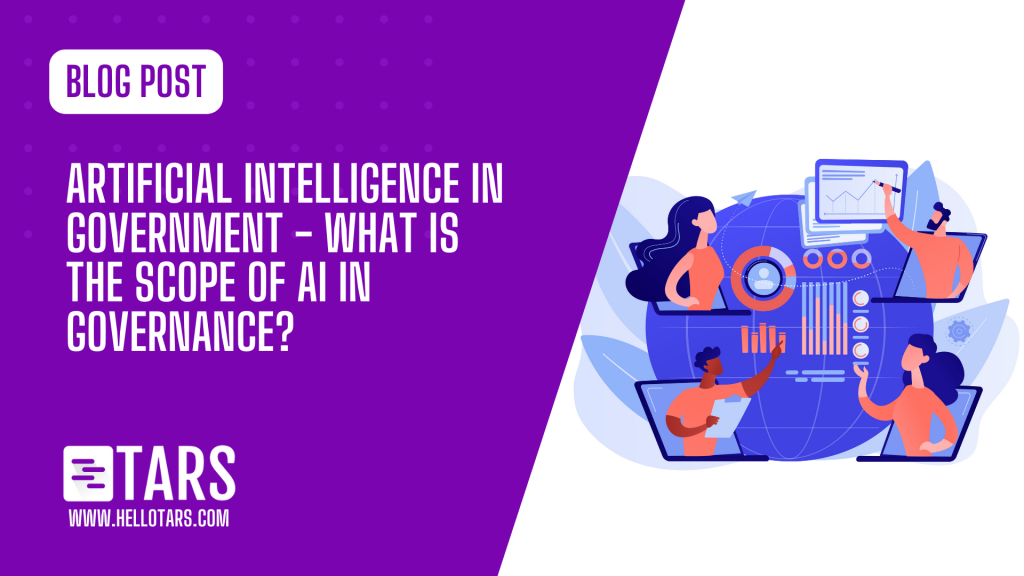
Artificial Intelligence (AI) has become a transformative force in various sectors, and its potential impact on government and governance is no exception.
In this blog post, we will explore the scope of Artificial Intelligence in governance, highlighting its benefits, challenges, and future prospects.
Understanding Artificial Intelligence (AI)
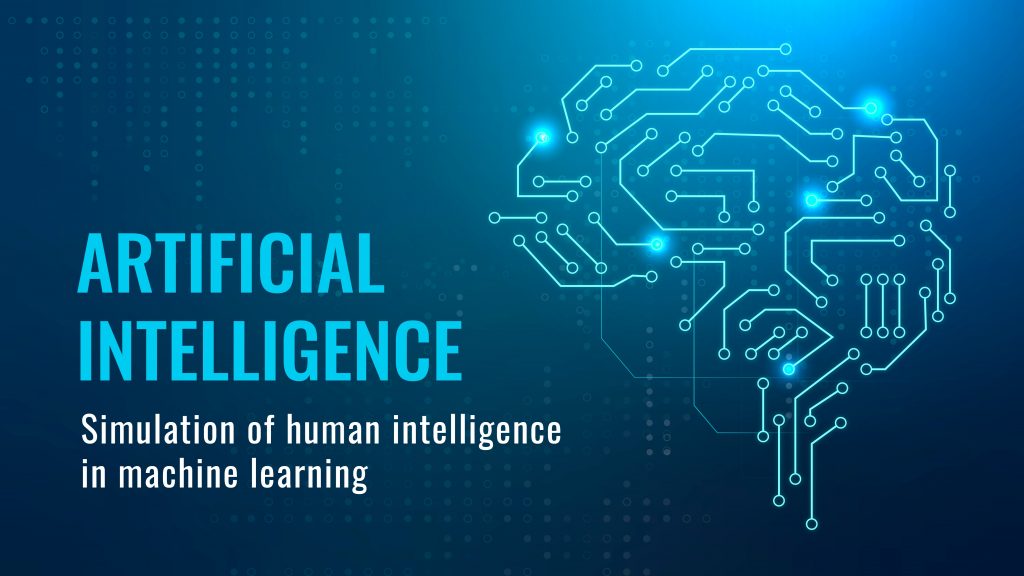
Artificial Intelligence refers to the development of intelligent machines that can perform tasks requiring human intelligence. It encompasses technologies like machine learning, natural language processing, and computer vision.
AI applications can range from voice assistants and recommendation systems to advanced data analysis and autonomous decision-making.
Artificial Intelligence in Government: Current Landscape
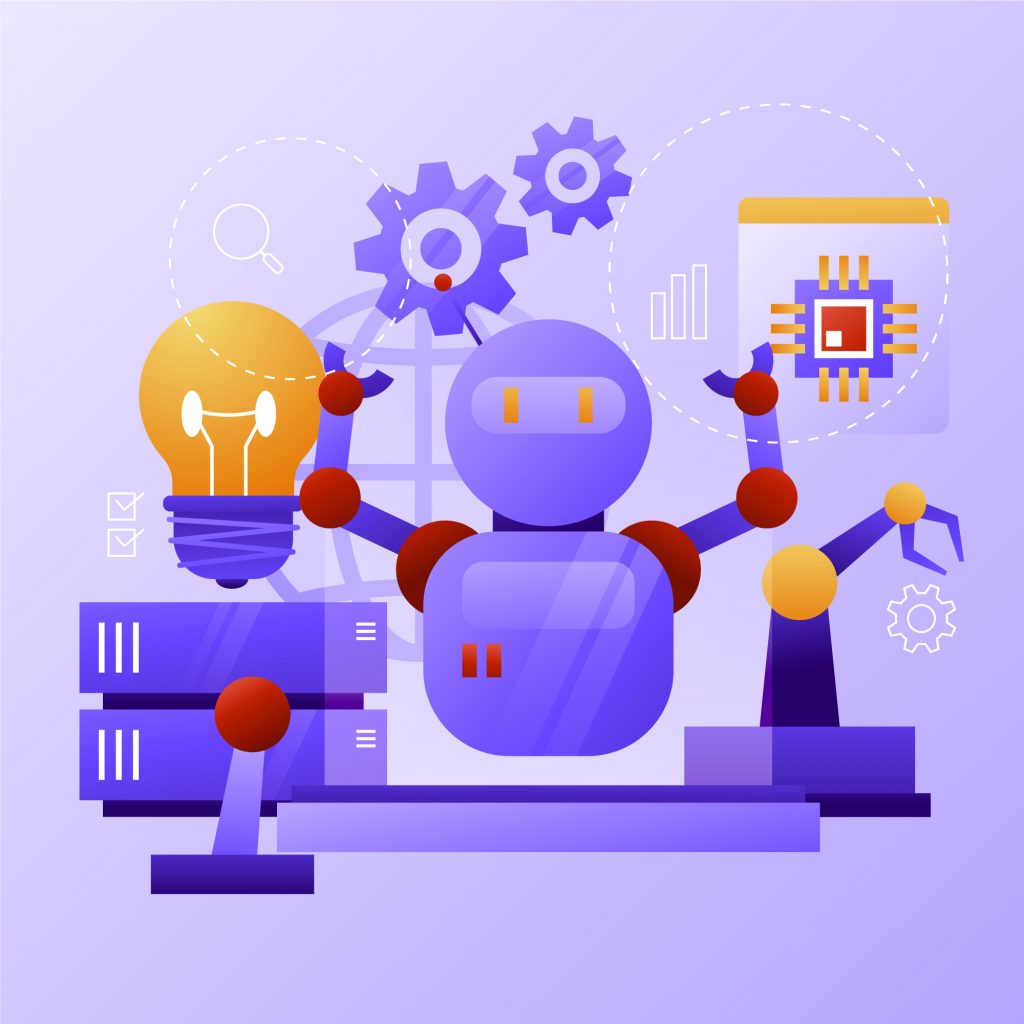
Governments around the world are increasingly recognizing the value of AI in improving service delivery, enhancing decision-making processes, and streamlining operations. AI adoption in government sectors is gaining momentum, with various initiatives already underway.
One notable example is the use of AI in predictive analytics for policy formulation. By analyzing vast amounts of data, AI algorithms can identify patterns, trends, and potential outcomes, assisting policymakers in making informed decisions.
Moreover, AI is enhancing citizen engagement through the implementation of chatbots and virtual assistants. These intelligent systems
✅provide personalized support,
✅answer citizen queries, and
✅guide citizens through government processes, improving overall service quality.
Scope of AI in Governance
Enhancing Decision-Making Processes
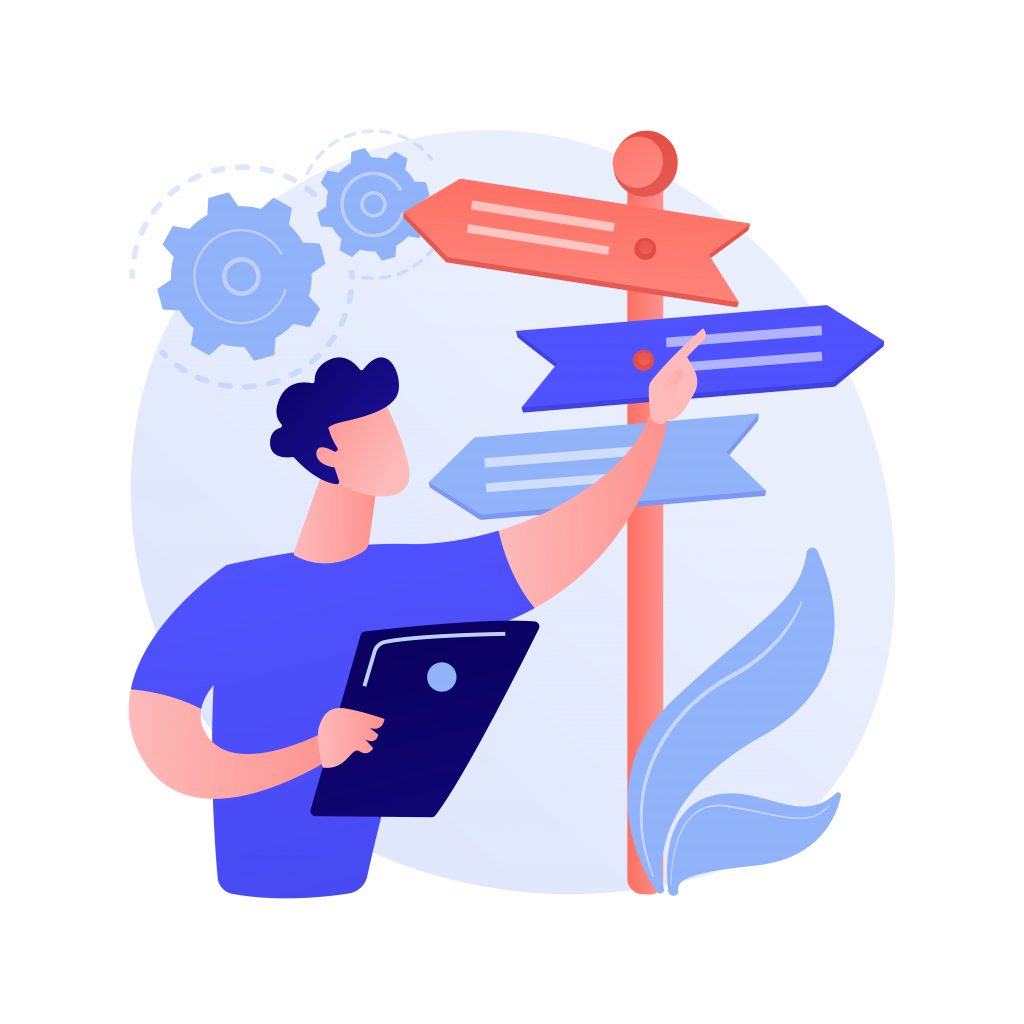
In the realm of governance, AI holds significant potential for enhancing decision-making processes.
Two key aspects of AI contribution in this scope are: AI-driven data analysis and insights, and predictive modeling for policy formulation.
🟩AI-driven Data Analysis and Insights: AI technologies excel at analyzing vast amounts of data, extracting valuable insights, and identifying patterns that might otherwise go unnoticed. By harnessing AI-driven data analysis, governments can make data-informed decisions, identify trends, and gain a deeper understanding of complex issues.
This empowers policymakers with comprehensive and accurate information, enabling them to formulate effective strategies and policies.
🟩Predictive Modeling for Policy Formulation: Predictive modeling, powered by AI algorithms, enables governments to anticipate future scenarios and their potential outcomes. AI can be used to
✅analyze historical data and consider various important factors,
✅predictive models can forecast the impact of different policies or interventions.
This assists policymakers in making informed decisions, minimizing risks, and optimizing resource allocation for maximum effectiveness.
Improving Service Delivery and Citizen Engagement

AI has the potential to revolutionize service delivery in governance, fostering better citizen engagement.
Two notable aspects within this scope are the use of chatbots and virtual assistants for citizen support, and the provision of personalized services and recommendations.
🟩Chatbots and Virtual Assistants for Citizen Support: AI-powered chatbots and virtual assistants provide round-the-clock support to citizens, addressing their queries and guiding them through various government processes.
These intelligent systems offer quick and accurate responses, reducing waiting times and enhancing overall satisfaction.
By automating routine interactions, governments can allocate human resources to more complex tasks, while ensuring citizens receive timely assistance.
🟩Personalized Services and Recommendations: AI can leverage citizen data to provide personalized services and recommendations tailored to individual preferences and needs.
AI systems use user behavior analysis to provide personalized assistance; they can offer customized suggestions and deliver relevant information that matches individual needs.
This level of personalization enhances the user experience, fosters trust, and increases citizen engagement with government services.
Enhancing Efficiency and Reducing Costs
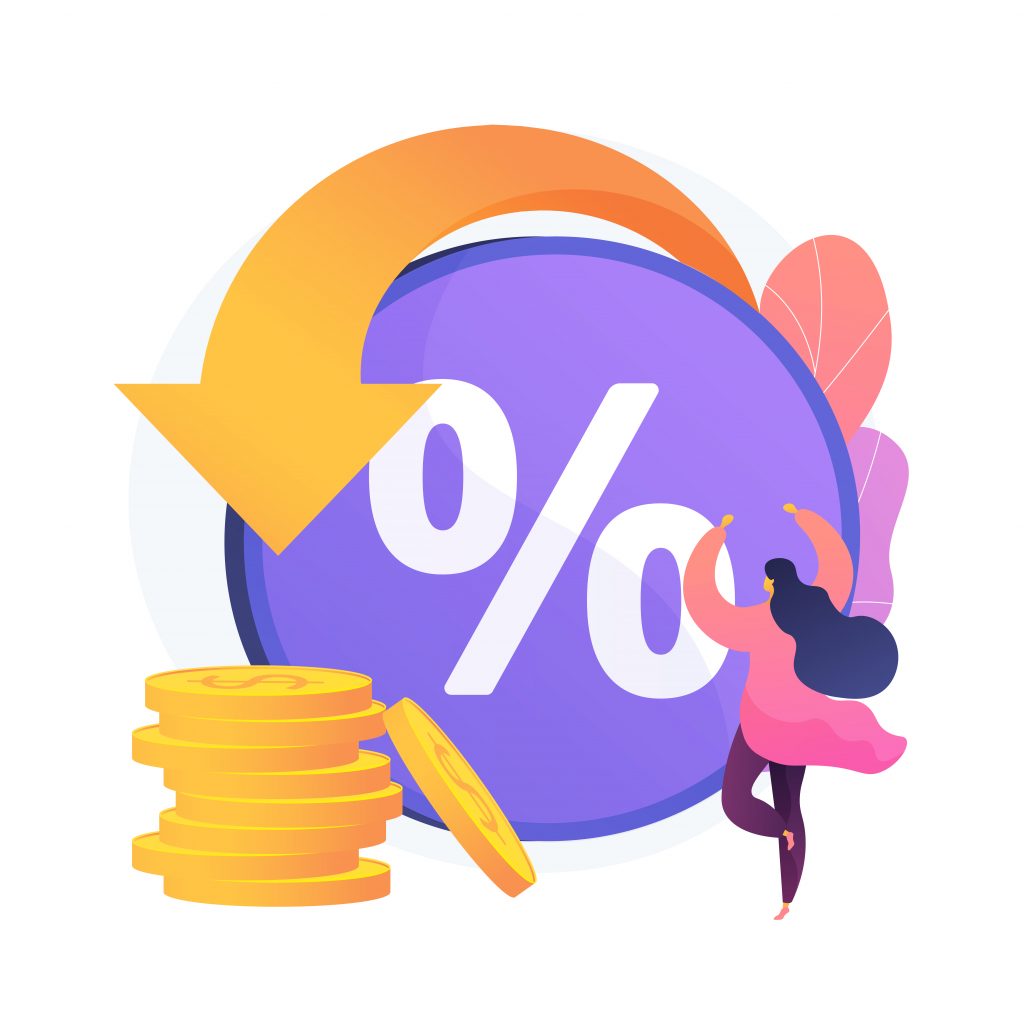
Efficiency and cost reduction are critical goals in governance, and AI presents opportunities to streamline operations and automate administrative tasks.
This scope involves the automation of administrative tasks and the streamlining of government operations.
🟩Automation of Administrative Tasks: AI can automate mundane and repetitive administrative tasks, such as data entry, document processing, and information retrieval. By relieving human resources from these manual tasks, governments can improve efficiency, reduce errors, and optimize resource allocation.
This allows employees to focus on more complex and strategic initiatives that require human expertise.
🟩Streamlining Government Operations: AI technologies can streamline government operations by optimizing processes and workflows.
Governments can easily enhance efficiency, reduce bureaucracy, and expedite decision-making by utilizing AI-driven automation. This not only saves time but also reduces costs associated with inefficient processes, ultimately leading to improved service delivery and better outcomes for citizens.
Future Trends and Opportunities
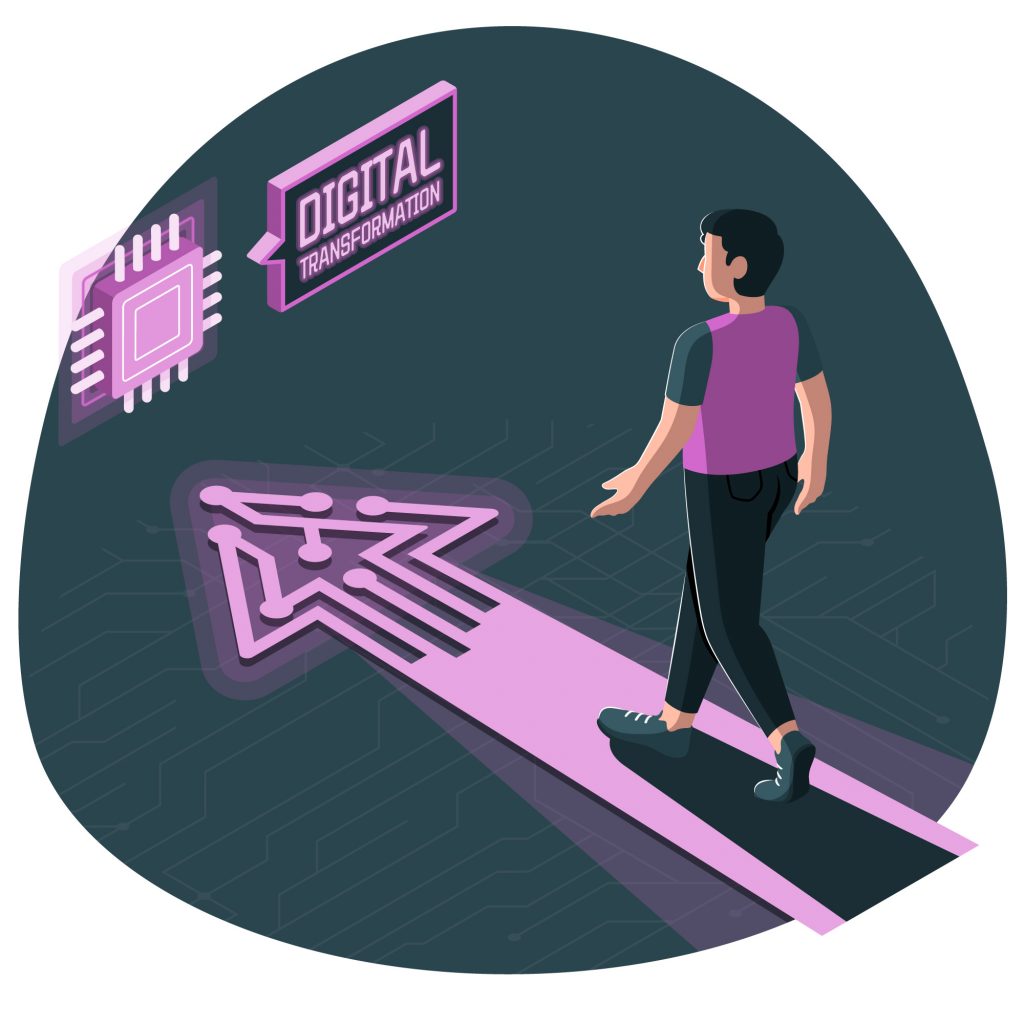
The future of Artificial Intelligence in government holds tremendous potential.
✅Emerging technologies like explainable AI and AI-driven policy simulations will shape the future of governance.
✅Collaborations between governments and AI industry players will foster innovation and accelerate the development of tailored solutions.
To harness the benefits of AI in government, investing in skills and workforce development is vital. Governments must equip their employees with the necessary expertise to leverage AI technologies effectively and responsibly.
Want to Learn How AI Can Improve and Automate Processes at Your Gov Agency/Org? We Can Help.
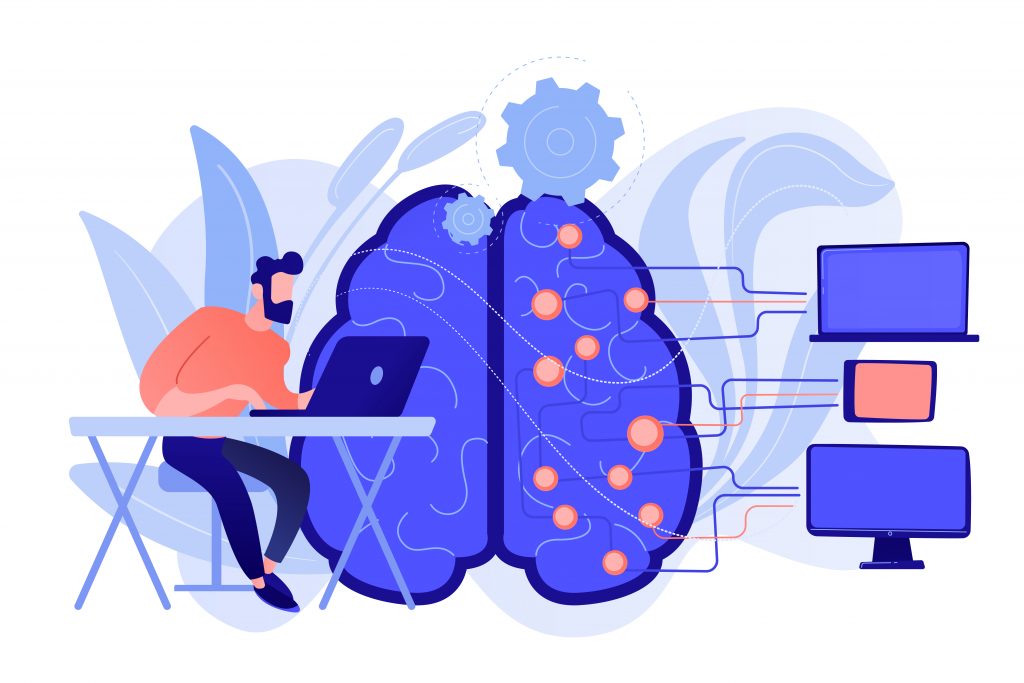
TARS has years of domain expertise in helping government organizations and agencies automate essential processes and enhance citizen support. We have worked with multiple essential, citizen-facing organizations, including Workforce Solutions of Central Texas, Missouri SoS, Indiana InBiz, and Montana DMV.
To learn how AI can improve and automate processes at your government agency/org, simply book a free demo.
We offer:
✅Omnichannel chatbots that are tailored to the specific needs of your organization.
✅Complete support – we will take care of the planning the creation and also the deployment of the chatbot on your website.
✅Loads of integration options so that our chatbots seamlessly fit in with your existing systems.
✅Post-sales services to ensure the chatbot is working as intended and to take care of any changes that you may require in the future.
Book a free demo today to get started.
I am a creative thinker and content creator who is passionate about the art of expression. I have dabbled in multiple types of content creation which has helped me explore my skills and interests. In my free time, I indulge in watching animal documentaries, trying out various cuisines, and scribbling my own thoughts. I have always had a keen interest in blogging and have two published blog accounts spanning a variety of articles.
- Understanding Artificial Intelligence (AI)
- Artificial Intelligence in Government: Current Landscape
- Scope of AI in Governance
- Enhancing Decision-Making Processes
- Improving Service Delivery and Citizen Engagement
- Enhancing Efficiency and Reducing Costs
- Future Trends and Opportunities
- Want to Learn How AI Can Improve and Automate Processes at Your Gov Agency/Org? We Can Help.


Build innovative AI Agents that deliver results
Get started for freeRecommended Reading: Check Out Our Favorite Blog Posts!

AI Agent builders, we need to have a chat about AI’s gender bias

Time is money, so we created AI Agents that help founders save both!

How to Get Your Startup Idea Validated by Paul Graham or Kevin O’Leary? AI Agent to the Rescue

Our journey in a few numbers
With Tars you can build Conversational AI Agents that truly understand your needs and create intelligent conversations.
years in the conversational AI space
global brands have worked with us
customer conversations automated
countries with deployed AI Agents



